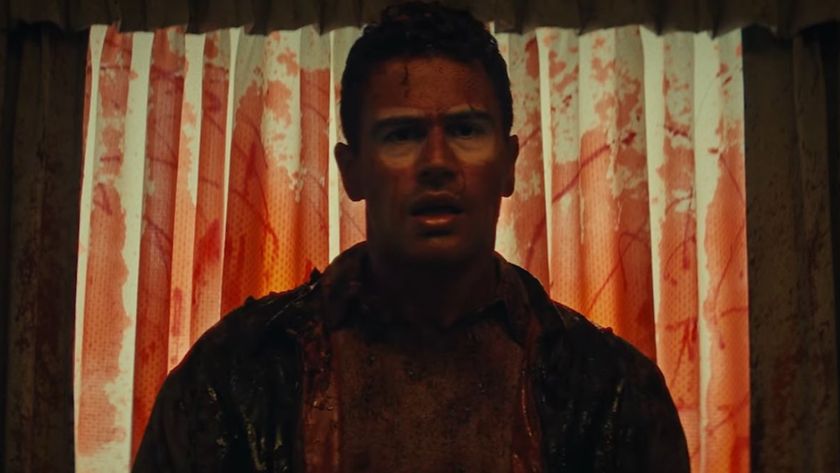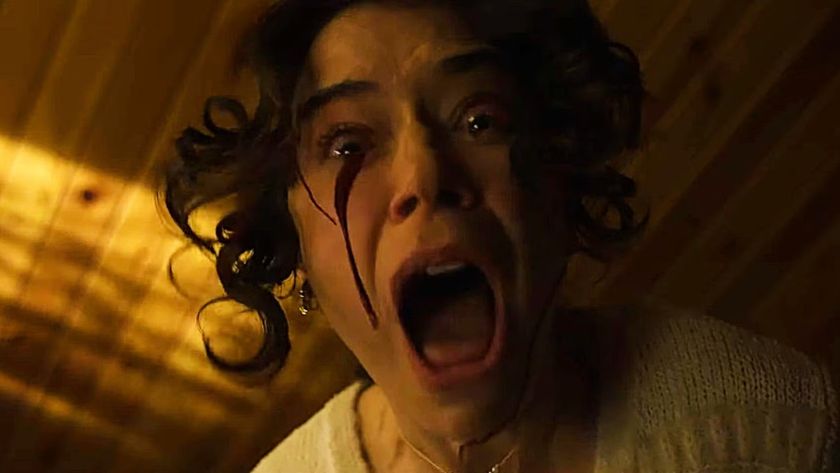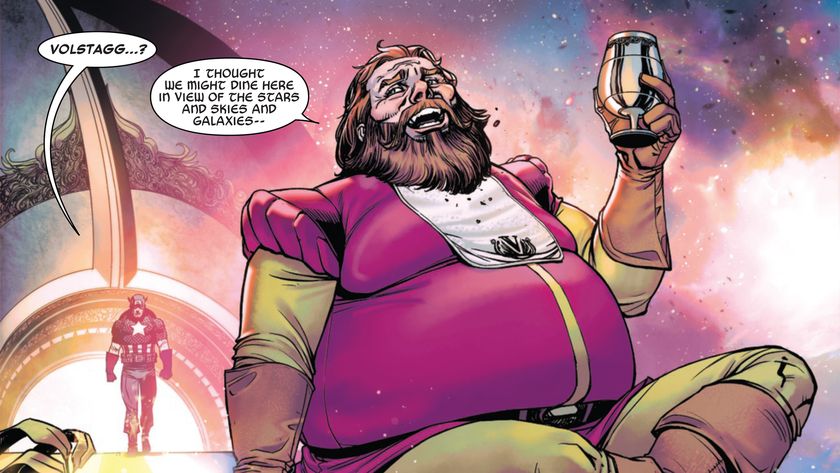Why Francis Ford Coppola’s Dracula is and always will be the best adaptation of the legendary Bram Stoker novel
Opinion: We look back at the best on-screen depiction of everyone's favorite vampiric count
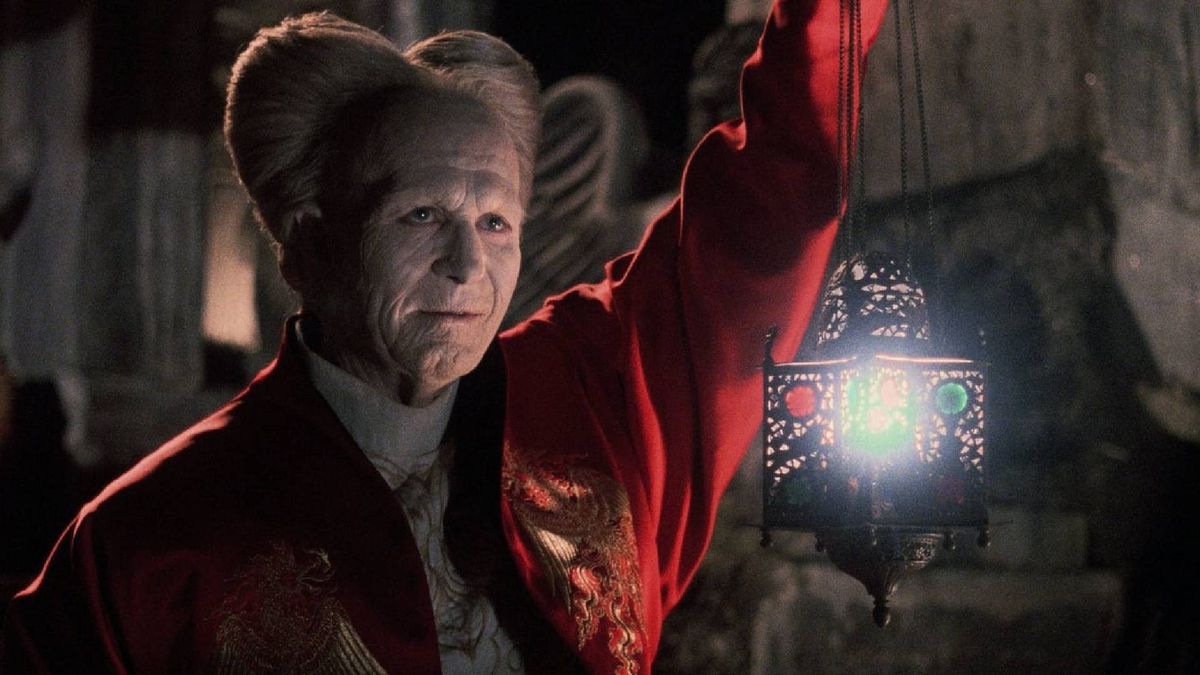
Cinema has no shortage of vampire movies, more specifically films that take inspiration from the very piece of literature, that although wasn't the first vampiric tale, was the one that shaped our whole view of the fanged beast - Bram Stoker’s Dracula. From the 2022 movie The Invitation to Dracula: Prince of Darkness, there is a whole range of flicks to sink your teeth into, but none will ever be a better adaptation than Francis Ford Coppola’s 1992 movie Bram Stoker’s Dracula.
Now, I’m not saying it is the most well-executed - I’m looking at you Keanu Reeves and that concerning English accent - but in terms of style, visuals, and staying true to its source material, Coppola’s Dracula ranks higher than any other retelling in my books.
Staying true to its source material
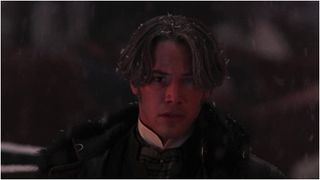
Much like Stoker’s 1987 masterpiece, the movie takes place in 19th-century Romania where Dracula lures English solicitor Jonathan Harker to his residence. However, when The Count sees a picture of Harker's fianceé Mina, his journey to England becomes a quest for love. Aside from a few romantic sub-plots to keep the ‘90s audience happy, the film is loyal to Stoker’s novel.
Although Hammer Horror’s Dracula is a great adaptation, it does feel very '50s-esque, as does Nosferatu with the German expressionist era, whereas Coppola’s Dracula tries to be as exact as possible in being faithful to the novel setting the film in the Victorian times, not letting the movie’s own date of creation inspire it.
Not only this, but the movie also encapsulates the feeling the story perpetuates, from the building of suspicion when Harker makes his way to Dracula’s home and the dread when he arrives at the bleak and cold castle. This is exactly how we imagine it when reading the novel.
It’s a visual feast
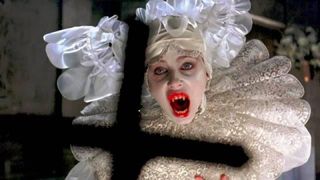
Aside from staying true to the book’s storyline, the film also manages to reflect the novel’s many themes and tropes traditional to gothic literature such as passion and the fear of the unknown, mixing intense terror and death with emotion and romance. Yes, more sophisticated Dracula movies are to be considered, but if you read Stoker’s work, it is full of depravity and fantastical scenes that are supposed to be far-fetched and unbelievable.
Coppola’s film achieves this largely through its dark and seductive cinematography, time-appropriate setting, and historically accurate yet almost pantomime-like costumes, ditching Dracula’s long black cape and slicked-back hairstyle for a red velvet robe, long fingernails, and ash hair. As for the wider cast, they wore authentically vintage-looking get-ups, making them look like they had stepped right out of 1800s England. It is no surprise that it was nominated for the Academy Award for Best Art Direction, and won Best Costume Design as well as Best Hair and Makeup.
Sign up for the Total Film Newsletter
Bringing all the latest movie news, features, and reviews to your inbox
On top of this, the film also boasts a star-studded cast full of genre legends from Harry Potter’s Gary Oldman as Dracula, Keanu Reeves as Harker, Beetlejuice’s Winona Ryder as Mina, The Silence of the Lambs’ Anthony Hopkins as Professor Abraham Van Helsing, along with Saw’s Cary Elwes and Monica Bellucci.
Gary Oldman is the perfect Dracula
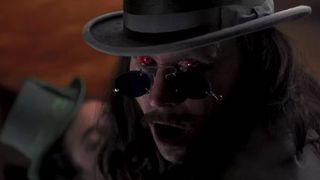
When you think of Dracula you probably have Bela Lugosi’s mysterious and aristocratic version in your mind or Christopher Lee’s animalistic and menacing take, but in my opinion, none compare to Oldman whose transformational journey as Dracula lets the monster be somehow both creepy yet emotional and romantic.
When we first meet Dracula, we are given a backstory to his start as a Vlad the Impaler-inspired Romanian ruler who faces a great loss when his wife commits suicide, forcing him to live out his eternal life alone. When we next see him, he looks closer to a corpse, and his behavior towards Harker is extremely off-putting and predatory. But when he travels to London to seek out Mina, he is young again with flowing hair and charm - however, let’s not forget the time he turns into a giant dog. The fact we see him in so many forms gives us multiple sides to the character.
Another reason Oldman’s vamp trumps all others is his emotional side. Nowadays, vampires have become a romantic element in film and television from Twilight to The Vampire Diaries. I believe that Oldman’s Dracula is partly responsible for this phenomenon, as he is one of the most swoon-worthy out there. His continuous longing for love and consumption of loss adds an emotional depth and psychological complexity to the character, almost making him seem human. And who can forget that infamous line, “I’ve crossed oceans of time to find you.”
All in all, no one can deny that Coppola’s take on Bram Stoker’s Dracula is a perfect dedication to the novel, celebrating traditional gothic tropes and bringing them to love with the use of costume and setting. On top of this, Oldman’s outstanding performance as Dracula brings nuance to both the character's past and his journey through the novel.
For more, see our list of the best vampire movies, or keep up to date with upcoming horror movies heading your way this year.
I am an Entertainment Writer here at 12DOVE, covering TV and film for SFX and Total Film online. I have a Bachelors Degree in Media Production and Journalism and a Masters in Fashion Journalism from UAL. In the past I have written for local UK and US newspaper outlets such as the Portland Tribune and York Mix and worked in communications, before focusing on film and entertainment writing. I am a HUGE horror fan and in 2022 I created my very own single issue feminist horror magazine.
Most Popular





